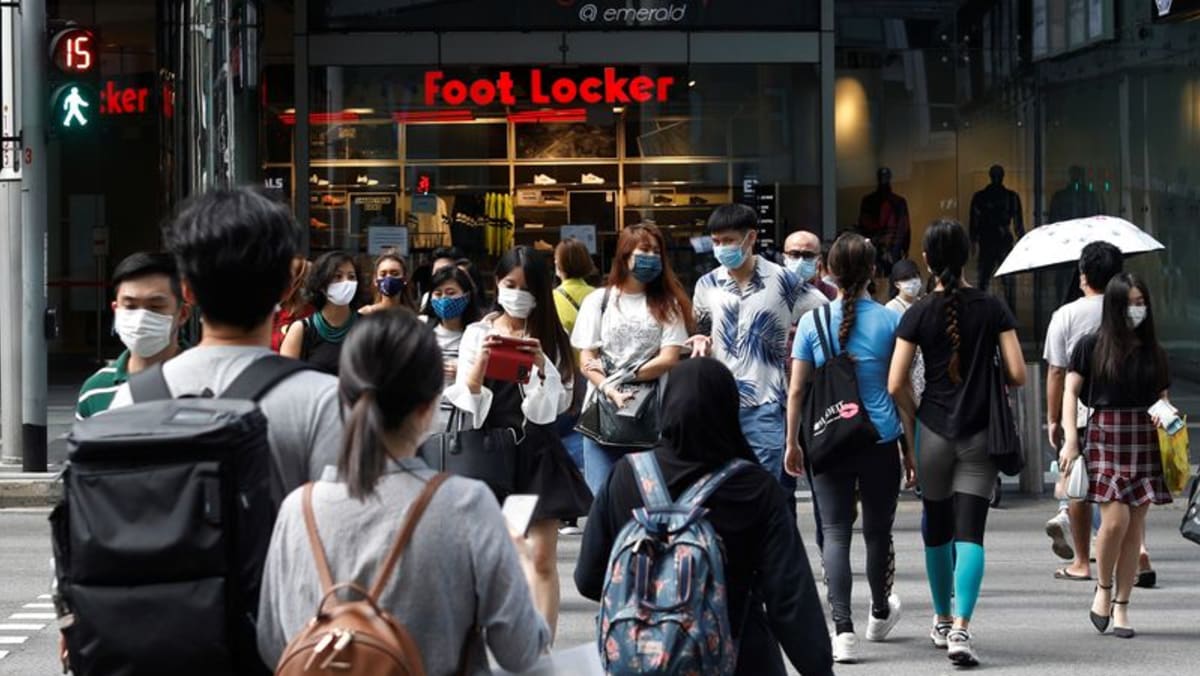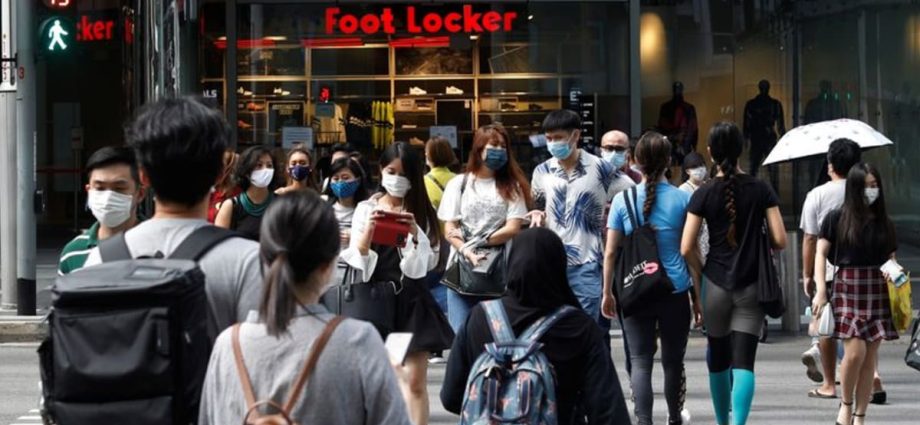
KEEP VACCINATIONS UPDATED
Fewer seniors are keeping up to date with their COVID-19 shots, Mr Ong said as he reiterated the importance of vaccinations in protecting against severe illness.
Among people aged 60 and above, the proportion who have kept up to date with their vaccinations has fallen to 50 per cent, down from 58 per cent at the beginning of this year.
“There is a common thinking amongst seniors and amongst the public, that ‘I seldom go out of my home, and hence I need not take further vaccinations.’ This is not recommended,” he said.
“The current Omicron variants are highly infectious, and we no longer impose social restrictions which means even if you do not go out of your home, it can find its way to your home, through visiting family members or anyone you may come into contact with,” he added.
Noting that some seniors may be reluctant to continue their vaccinations due to concerns about the risk of side effects, the minister said the incidence of severe adverse reactions is very low in Singapore, at about seven in 100,000 doses.
With the latest bivalent mRNA formulations, this is even lower at one in 100,000 doses, he added.
Mr Ong warned that if the trend of falling vaccinations continues, it could weaken the population’s resilience against COVID-19 over time and make it vulnerable to the virus again.
“The benefits of the COVID-19 vaccines continue to far outweigh the risks, and you should keep your vaccination updated,” he said.
“This is the recommendation of both the Expert Committee On Covid-19 Vaccination and the Health Sciences Authority.”
MYOCARDITIS
Responding to questions from Member of Parliament Tan Wu Meng (PAP-Jurong) about myocarditis or heart inflammation after COVID-19 vaccination, Mr Ong said there were 160 reports of myocarditis and pericarditis linked to the vaccines as of Apr 27.
This is out of over 17 million COVID-19 vaccine doses administered in Singapore.
Of the 160 cases, he said 32 per cent had initial symptoms reported within one day of vaccination, another 20 per cent reported within two days and another 24 per cent reported within one week.
“The majority of cases of myocarditis from vaccination are generally mild and respond to treatment,” Mr Ong told the House.
He added that as of Apr 27, about 340 applications for the Vaccine Injury Financial Assistance Programme (VIFAP) were cardiology related. The scheme provides a one-time financial assistance to people who experienced serious side effects that are assessed by a doctor to be related to COVID-19 vaccines administered under Singapore’s national vaccine programme.
Eighty-one of the applications were approved and financial assistance has been extended to the applicants, he said.

